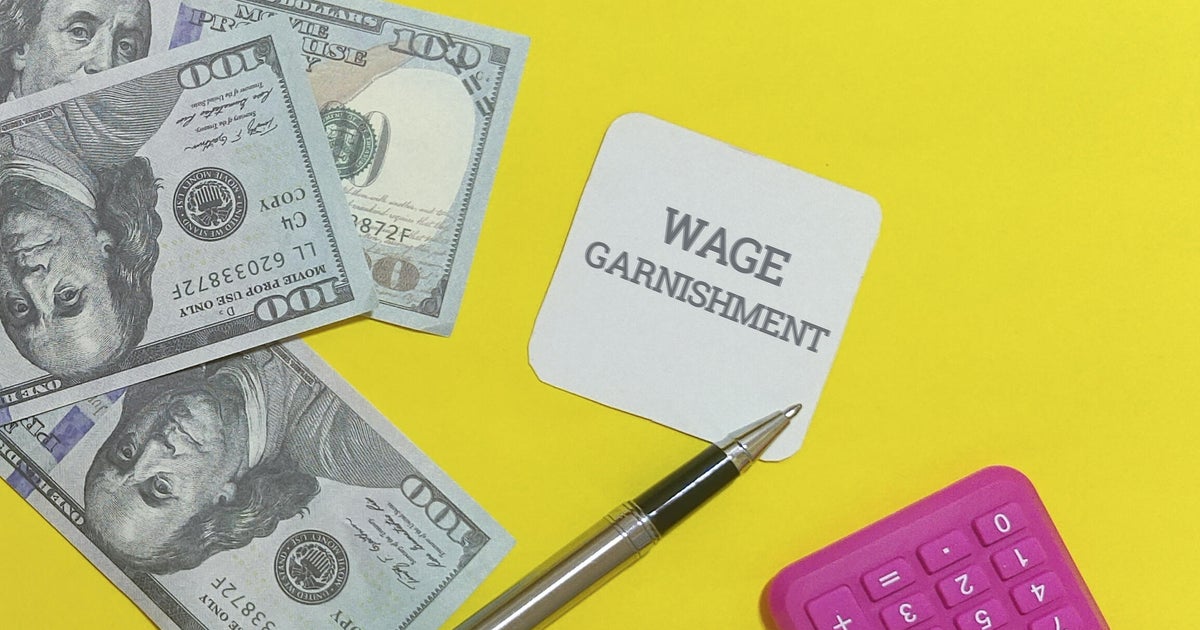New credit score changes help consumers – and lenders
Give us access to more of your data, and maybe we'll give you a higher credit score.
That's the underlying promise behind Experian Boost and the UltraFICO score. These new products from two of the biggest names in credit represent a major change in the world of credit scoring: Millions of consumers who have little to no credit history may soon be able to change that by sharing their cellphone and utility bill payment history or other information from their personal bank accounts.
This is potentially a big deal for consumers. The companies behind these products -- credit scoring giant FICO, Big Three credit bureau Experian and data firm Finicity -- said they could eventually bring many Americans higher credit scores and greater access to credit cards, personal loans and other types of credit.
It's an even bigger deal for lenders, however -- and that's really the point.
Ultimately, these moves are about giving lenders a bigger pond in which to fish for business. Lenders, not consumers, are the primary customers for credit bureaus and credit scoring firms, and lenders are hungry for new ways to source creditworthy borrowers they would have otherwise overlooked or to take market share by offering more attractive terms to borrowers than their competitors.
Big changes are ahead
UltraFICO and Experian Boost, both set to launch at least as a pilot program in 2019, rely on consumers opting in to provide key information about themselves:
- With Experian Boost, you can allow access to your payment history for your cellphone and utility bills.
- With UltraFICO, you can allow access to some basic information about your bank accounts. No transaction data are involved, but average balances, age of accounts and frequency of activity are among the things that could be.
In both cases, the information is tracked on an ongoing basis. While Experian Boost doesn't track missed payments, if a consumer stops paying a bill for three months, the information and associated boost will be removed from the report. The tracking also stops if the consumer chooses to revoke access, and the information will be removed from the credit report altogether.
A long time coming
Lenders and the credit scoring industry have long sought reliable, consistent access to data for accounts that aren't traditional forms of credit. Millions of Americans have never taken out of a loan, so they don't have a credit history, meaning banks don't really know if they would be risky to lend to. That makes it difficult for these people to get a credit card or a personal loan, forcing them to rely on products like payday loans.
Most of those Americans do, however, have a cellphone and a utility bill. The thinking goes that if banks could see how well those people do with paying those bills, they could begin to understand how responsible those people are with their money.
It has been tough to collect that type of data in the past, however. Both Experian Boost and UltraFICO said they'll combat this issue by having the consumer provide it to the bureau directly. That, in theory, provides consumers a lot of opportunity they haven't had before, which is almost certainly good news. Many Americans have longed to be approved for credit at more reasonable terms but have been unable to qualify.
That said, a cloud still hangs over all of this. Americans are already sitting on a mountain of debt, and these changes could give them access to even more. With that in mind, it has never been more important for consumers to remember: Just because someone will give you a loan, that doesn't mean you should take it.
Matt Schulz is Chief Industry Analyst at CompareCards.com. You can follow him on Twitter at @matthewschulz or on Instagram at @matt.schulz.



